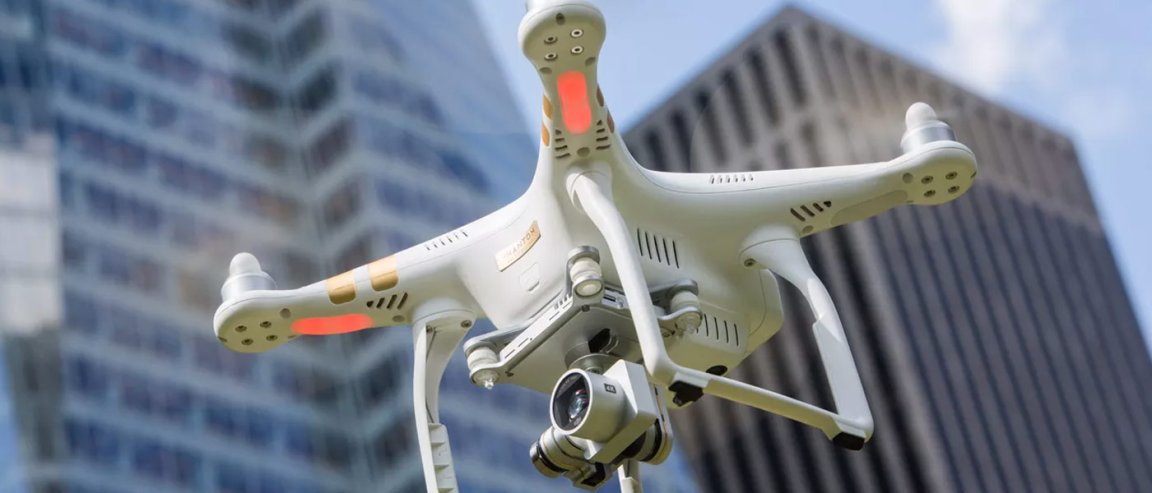
Emergency Drones
Drones are showing up in such a wide variety of fields as of late, with its uses ranging from farming to package deliveries; it seems that people keep on finding new ways to utilize this new technology. Now, they can also save lives.
Researchers from the University of Toronto have found a new use for these drones in the medical field. Their idea is to have drones deliver automatic external defibrillators (AEDs) directly to people who have just suffered a heart attack. If it seems familiar, it’s because that it has been done before and their inspiration comes from another drone that does a similar thing in the Netherlands.

Justin Boutilier, together with Professor Timothy Chan, Director of the Centre for Healthcare Engineering at U of T, and Professor Angela Schoellig aim to use these drones to save lives by delivering these AEDs directly to people’s homes.
Arresting Cardiac Arrest
This project came about due to research conducted by Chan that shows how 85 percent of cardiac arrests happen outside hospitals and the AEDs are hard to reach by people during off-hours. According to Boutilier, “For those arrests, the public AEDs are not useful because it’s hard to get to them in time. It’s also not cost effective to put AEDs everywhere in the suburbs.”
A drone can definitely deliver the AEDs to home faster since its travel is not dependent on relatively unpredictable traffic conditions. Chan says that, “You don’t have to worry about traffic. You could get the AED there faster than paramedics so the bystander can start treatment as early as possible. And that’s very important. Every minute that goes by, the chance of survival decreases.”
Bringing this technology does have its challenges with regards to the restrictions imposed by governments on flying drones. Boutilier believes that it won’t be a problem; “Google and Amazon are already working on implementing delivery drones and have been lobbying the government to ease these regulations. So if the government allows the drone delivery of commercial products, they would allow the delivery of AEDs, which is a life-saving matter.”
